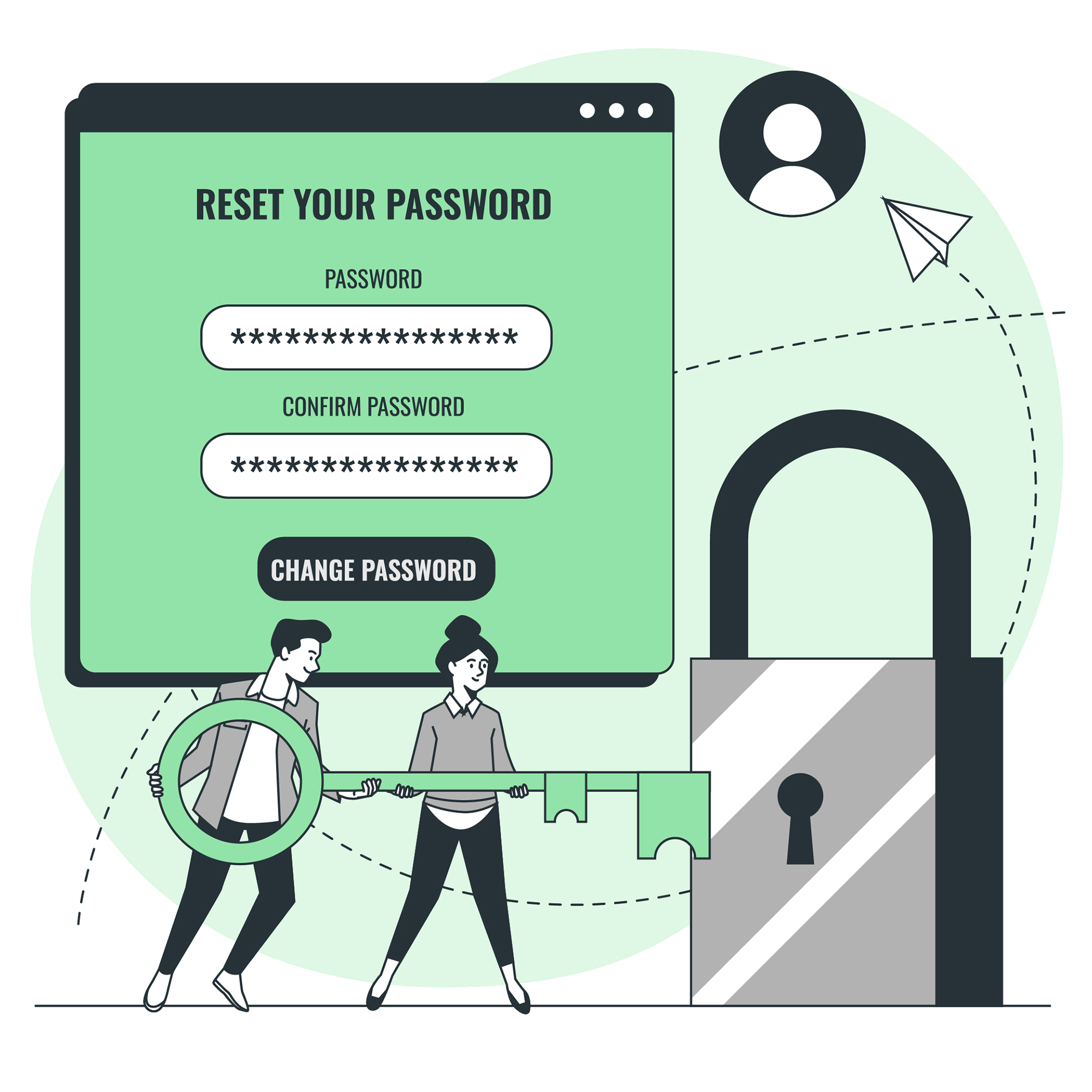In the age of digital security, passwords are the first line of defense against hackers. As such, it is important to make sure that passwords are as secure as possible. One of the best ways to do this is to make sure that passwords are long enough. In this article, we will explore why length matters when it comes to passwords and make the case for why longer passwords are essential for online security.
The Power of Length: Why Longer Passwords Matter
The length of a password is one of the most important factors in determining its security. Longer passwords are harder to crack than shorter passwords, as they contain more characters and therefore more possible combinations. This makes them less vulnerable to brute force attacks, where hackers try to guess passwords by inputting random combinations of letters and numbers. Additionally, longer passwords are more difficult to guess, as they are less likely to contain words or phrases that can be easily guessed.
Another benefit of longer passwords is that they are more resistant to dictionary attacks. These are attacks where hackers use a list of common words or phrases to try and guess passwords. Longer passwords are more likely to contain a combination of words and numbers, making them harder to guess.
Finally, longer passwords provide an extra layer of protection against phishing attacks. Phishing attacks occur when hackers send out emails or messages pretending to be from a legitimate source in order to gain access to personal information. Longer passwords are more difficult to guess and therefore more resistant to phishing attacks.
Unlocking the Benefits of Longer Passwords: A Persuasive Case
Given the importance of password length, it is essential that users make sure their passwords are as long as possible. It is recommended that passwords contain at least 8 characters, but ideally, they should be at least 12 characters or longer. The longer the password, the more secure it will be.
It is also important to make sure that passwords are not too predictable. Passwords should contain a combination of upper and lower case letters, numbers, and symbols. This will make them harder to guess and more resistant to dictionary attacks. Additionally, users should avoid using words or phrases that can be easily guessed, such as their name or address.
Finally, it is important to use different passwords for different accounts. This will help to ensure that if one account is compromised, the others remain secure.
In conclusion, the length of a password is one of the most important factors in determining its security. Longer passwords are more difficult to guess and more resistant to brute force and dictionary attacks. As such, it is essential that users make sure their passwords are as long as possible and contain a combination of upper and lower case letters, numbers, and symbols. By following these steps, users can ensure that their accounts remain secure and their personal information remains safe.




![Crafting Unforgettable Passwords: A Guide for Developers A string of random characters typically has higher entropy compared to a few common words due to the vast number of possible combinations. For example, a 10-character lowercase password has roughly the same entropy as a 4-word passphrase picked from a 5000-word dictionary [5].](https://passwordclinic.com/wp-content/uploads/2024/06/automation-section-3-150x150.webp)





![A string of random characters typically has higher entropy compared to a few common words due to the vast number of possible combinations. For example, a 10-character lowercase password has roughly the same entropy as a 4-word passphrase picked from a 5000-word dictionary [5].](https://passwordclinic.com/wp-content/uploads/2024/06/automation-section-3.webp)

